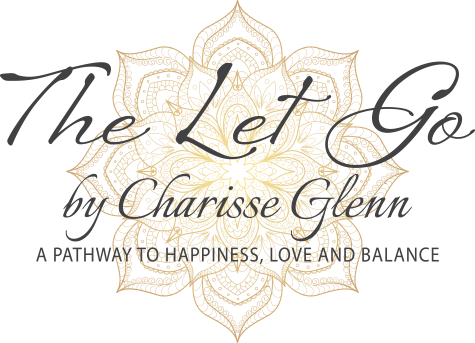“What the superior man seeks is in himself;
what the small man seeks is in others.”
~Confucius
Not all approval-seeking is inherently bad. As adolescents, we naturally look to parents and teachers for guidance. Their approval helps us learn and make sound decisions. But many adults continue the habit—defaulting to justification or over-explaining when approval isn’t granted.
Social media amplifies this tendency. It shows up in posts and responses, often unconsciously. But it’s not limited to online life.
It shows up in everyday living.
These patterns can quietly hold us back from meaningful opportunities. Breaking the habit isn’t easy, but the first step is recognition.
Ask yourself:
- Do I make life decisions based on others’ opinions, even when it doesn’t feel right?
- Do I change my position—or join in gossip—just to fit in?
- Does disagreement from others crush my initiative?
- Am I afraid to speak up when I’ve been wronged, even when I’m paying for a service?
- Do I over-complain in hopes others will join in?
- Do I apologize even when I’m not at fault—or cling to being “right” to please those who prefer confidence over humility?
- Do I seek compliments to feel better, and get upset when they don’t come?
- Do I act out just to get attention, even if it’s unproductive or harmful?
- Is my desire for approval pushing me past healthy limits?
- Do I avoid starting things because I fear disappointing others?
Approval-seeking isn’t the same as asking for advice or engaging in collaboration. Input from others can be valuable—but why we ask is key.
When our primary goal is to be approved of, we invite self-doubt and emotional instability. Our happiness becomes tethered to the ever-shifting opinions of others. Seeking external validation often stems from a low sense of self-worth.
In contrast, asking for guidance from a place of confidence reflects a connection to our inner voice. It’s an act of strength—not need.
Everything in life presents us with an opportunity to grow. One such moment recently came to me.
Late one evening, I had an idea for a project. Within 24 hours, it was in motion. As I refined the concept, I asked trusted friends to challenge it and offer honest feedback. Each conversation brought more clarity and strengthened the message. And voilà—the project came alive.
I wasn’t seeking to be coddled or praised. I invited thoughtful input to sharpen the idea. The result was better because I sought constructive criticism—not approval.
Being open to input is part of the freedom that comes from not needing approval. When we can hear our inner counsel, we have the confidence to seek wise advice without needing validation.
Trusting our intuition shifts how we relate to others. It liberates us from approval-seeking and strengthens our ability to collaborate authentically.
When we constantly look outside ourselves for reassurance—because we haven’t yet learned to trust our inner knowing—we give away our power. Over time, this distances us from our intuitive guidance. Be gentle with yourself as you become someone you have never been; you are stepping into a version of yourself that is unfamiliar to you for now. Soon, it will feel the new empowerment as it becomes the new you.
Stay true to yourself. An original is worth more than a copy.
— Suzy Kassem






Charisse Glenn
To My Namesake,
Thank u for creating The Let Go. I have found the content to be confirmation on several ways I have chosen to Live My Life.
The confidence that I have had all my Life in knowing who I Am and Whose I Am has been a lonely place at different points in my life. I can say with all certainty that if it had not been for my personal relationship with My Father God, I dont know where I would be. My grandmother wrote in my Graduation Memory Book, “To Thine Ownself Be True.” I’ve lived this for my adult live never looking for validation from anyone but myself, especially after my earthly father transitioned when I was Eighteen. I am now 54 and I have been n will continue to be True to Me and my Fathers. God Bless You My Namesake and may our father continue to Bless you as you Bless the World.
charisse
Charisse, So lovely to hear from you! I was just telling someone that I know another woman with the same name! you must have felt the vibes. I love the confidence you have to be who you are and what wise words your grandmother wrote. Kudos to you that you listened:) Be well Ms. Glenn.